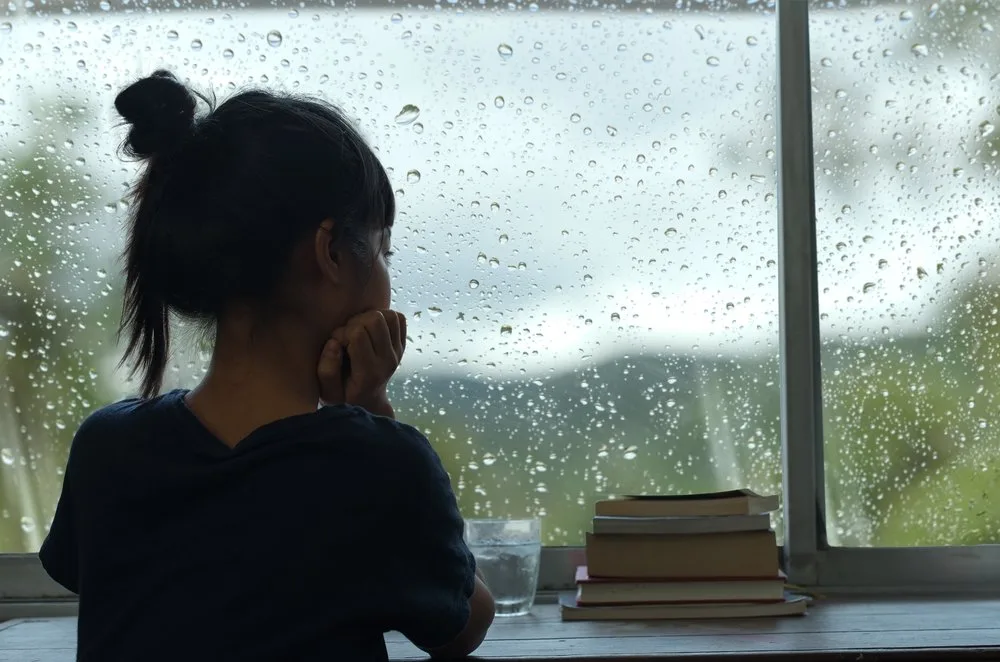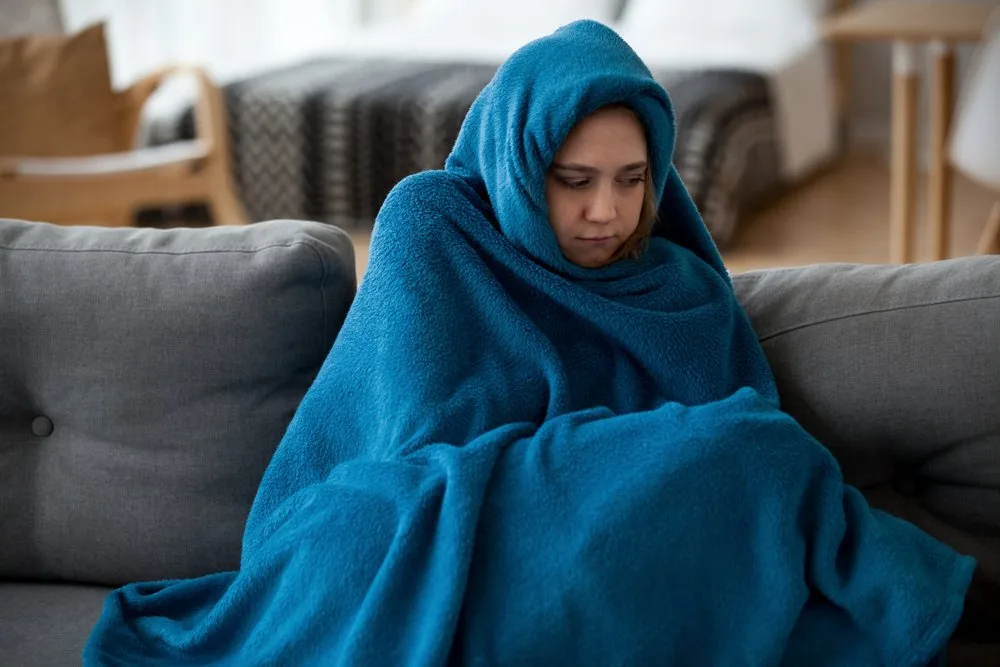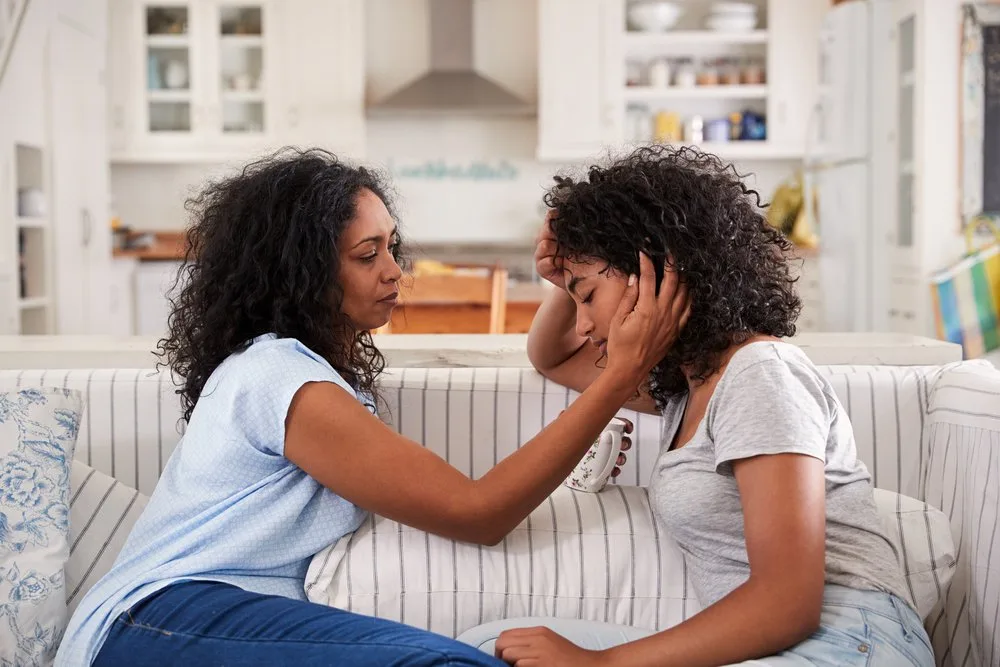As the seasons change, so can some people’s moods. Darker nights, along with colder weather, can see some individuals also experiencing a downturn in mood, becoming sad.
We know that sunshine is important in helping our bodies get vitamin D that we can sometimes struggle to receive from food, which helps healthy cell and bone growth. It also increases our vitality and energy levels, which research shows can help us be more resilient to physical illnesses.
What is SAD?
SAD refers to depression associated with late autumn and winter. It is thought to be caused by a lack of light. It occurs when your body’s internal clock as well as your brain and body’s chemicals all change.
According to research, one in 15 British citizens is affected by SAD between September and April. The most common age group to suffer from SAD is those between 18 and 30 years old, with females the most likely to be affected, but it can begin at any age and at any gender.
The effects
The most common symptoms to look out for in yourself and your little ones are:
- Being lethargic
- Sleep issues – normally oversleeping and struggling to stay awake
- Depression
- Overeating – particularly carbohydrates and sweet foods
- Social issues, including withdrawal from social situations
- Loss of motivation
- Increased anxiety
- Persistently low mood
- Weakened immune system
- Lack of interest in activities which were previously enjoyable
SAD in young people
Children that have SAD will become more worn out. Look out for their school work slipping and whether they are becoming less likely to play. Remember, your child may not be able to realise they have this condition or tell you how they are feeling.
If you think your child has SAD, make sure to schedule an appointment with your doctor. They will be able to determine if your child has SAD.
Treatment
You must understand that this is not at the fault of your child. It is most definitely not a behavioral problem, but rather a brain chemistry issue. It’s important you are supportive and non-judgmental to aid recovery.
Spending a little more time with them, so they feel loved. Being patient with them is also important to the treatment, as is eating healthy and maintaining a regular sleep pattern. By looking after their lifestyle habits, you will cut their stress levels. This will help to ease the pressure faced by SAD.
Light therapy
Light therapy is often recommended for those over 18. That said, it’s not recommended for children as it can cause additional headaches. Instead, try to ensure that your children are outside in natural sunlight when possible. If your child is put on antidepressants, make sure you are vigilant for any changes in behavior and keep in regular contact with your doctor.
Vitamin D3
Vitamin D3 supplements could be a good alternative. Research in the area of vitamin D3 and depression is rapidly growing, with some studies highlighting a potential link between the two. Vitamin D is vital for general health including immunity, muscle function, and bone density.
Moving forward
“Take their symptoms seriously. Talk about their feelings. Remind them that even though things may seem impossible, things will be better in the spring” commended paediatrician Dr. Cindy Gellner on the issue.
Always monitor the temperature too — especially when you have children. Remember, as is the case for many issues, with SAD in kids, if in doubt check it out.
Sources
- https://healthcare.utah.edu/the-scope/shows.php?shows=0_drtopkx9
- https://www.mentalhealth.org.uk/a-to-z/s/seasonal-affective-disorder-sad
- https://www.nhs.uk/conditions/seasonal-affective-disorder-sad/
- https://www.nhs.uk/conditions/seasonal-affective-disorder-sad/treatment/
- https://www.healthychildren.org/English/health-issues/conditions/emotional-problems/Pages/Winter-Blues-Seasonal-Affective-Disorder-and-Depression.aspx
- https://wanderlust.com/journal/sun-makes-happier/
Who is the author?
Lucy Victoria Desai graduated from Northumbria University in BSc Psychology and then went on to study MSc International Marketing at Newcastle University. Lucy is currently a copywriter creating high quality content across many diverse industries, with an interest in psychology, technology, and culture.









![women [longevity live]](https://longevitylive.com/wp-content/uploads/2020/01/photo-of-women-walking-down-the-street-1116984-100x100.jpg)









